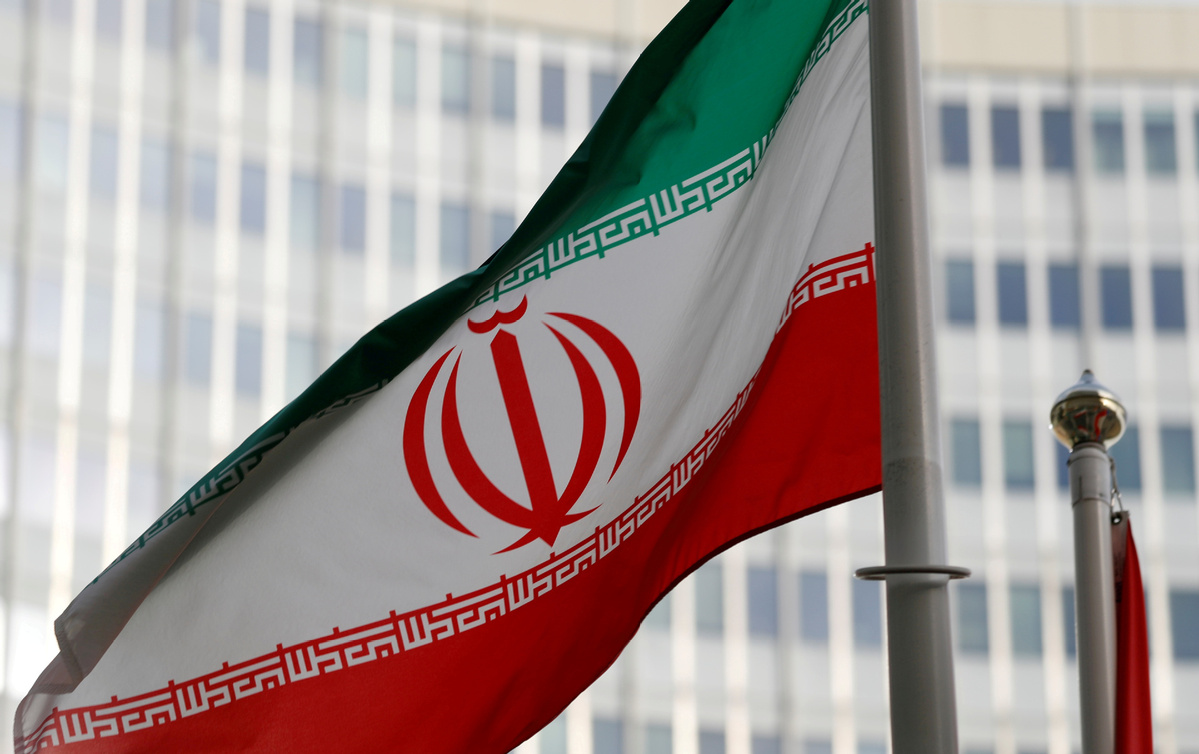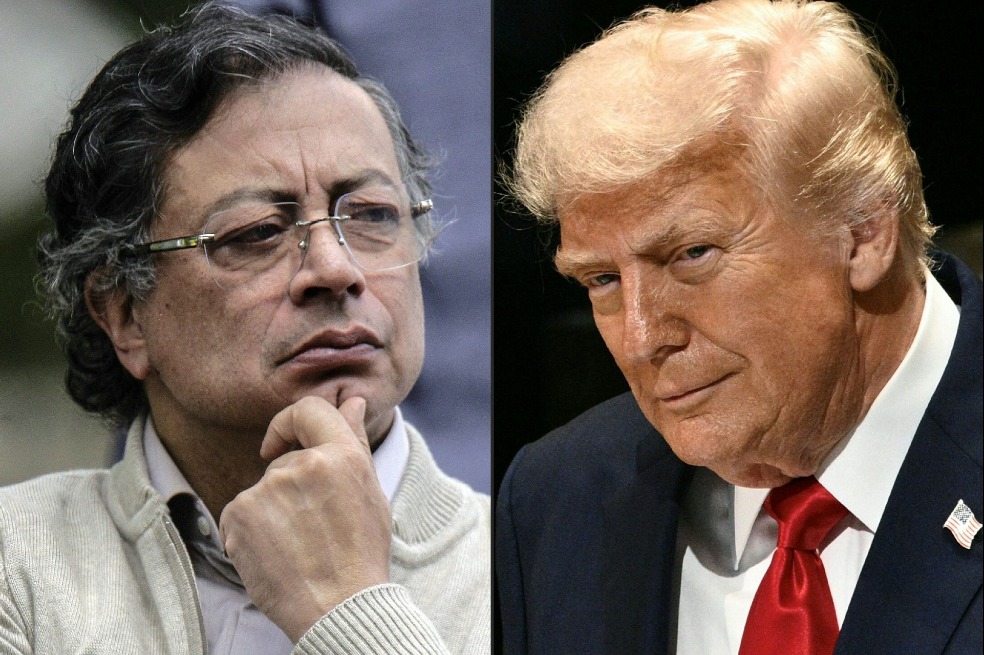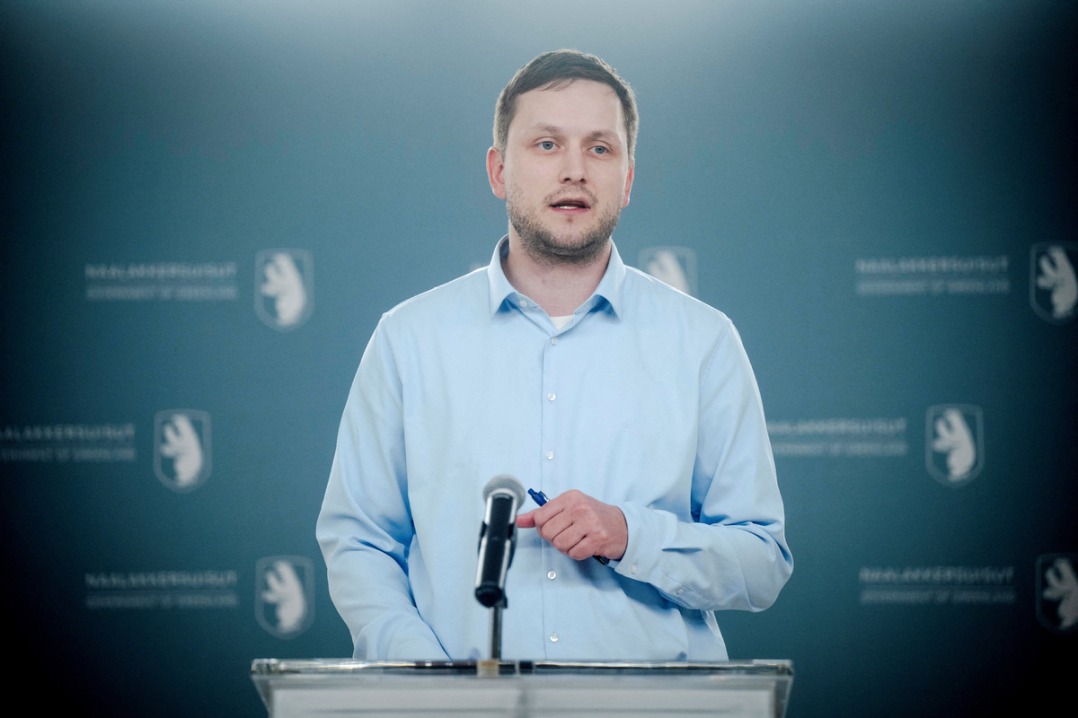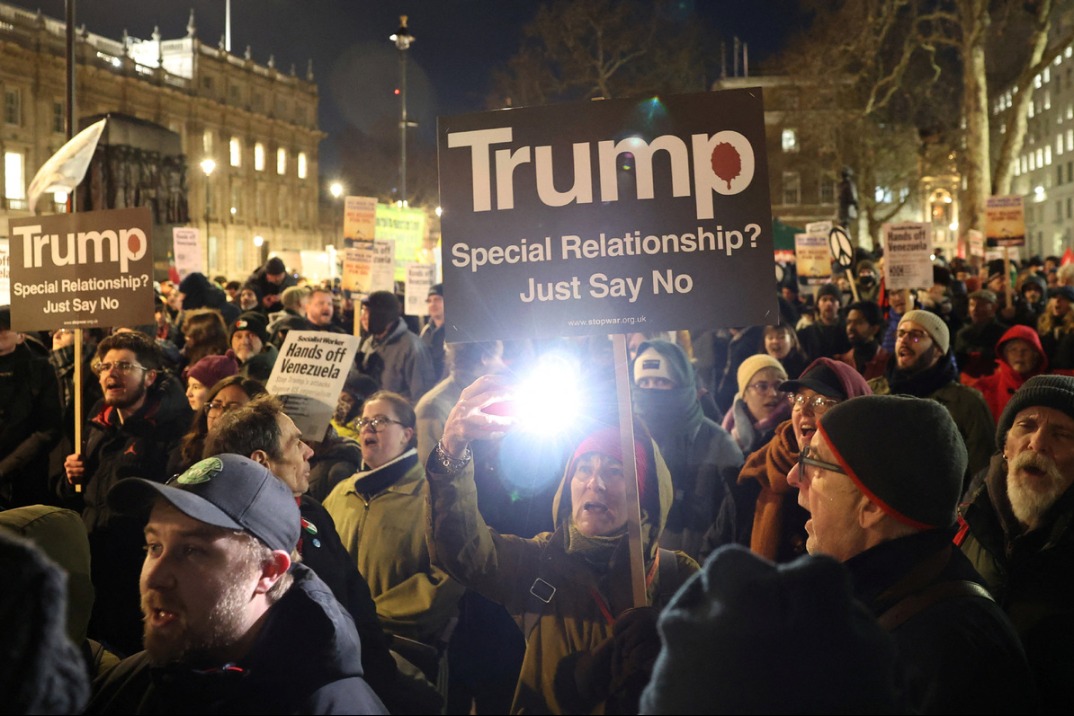Why it is difficult for Iran to trust US, Israel


The negotiations between Iran and three European countries in Istanbul over Tehran's nuclear program last week failed to produce substantial results.
Senior Israeli officials have said earlier on different occasions that the country will strike Iran again if threatened. On Monday, US President Donald Trump warned he would order fresh attacks on Iran's nuclear facilities if Tehran tries to restart facilities that the United States bombed last month. The possibility of Israel and the US attacking Iran's uranium enrichment facilities again makes the Israel-Iran truce fragile and poses a serious threat to the desired goals of "lasting" regional peace and stability.
Complicating the issue are the unpredictability of the US administration, Israel's hegemonic desire for military domination, issues surrounding Iran's cooperation with the International Atomic Energy Agency, downplaying of diplomatic channels, the weakening role of international organizations and blatant violation of recognized law and order.
History will judge Israel's aggressive attacks on Iran's atomic energy facilities on the basis of unsubstantiated claims that Iran was close to reaching weaponry level of uranium enrichment. This claim was backed by the White House. However, Israel and the US have been making the same claim for decades.
Iran's atomic energy development has been under close scrutiny by the IAEA for long, in compliance with the Treaty on the Non-Proliferation of Nuclear Weapons. In a report issued on June 12, the IAEA said it regretted "Iran's failure to provide the agency with technically credible explanations regarding undeclared nuclear material", a claim Iran strongly rejected. The IAEA report, however, cannot be a justification for unprovoked, unauthorized military bombings by Israel or the US.
The procedural and moral failure is worse than the case of then US secretary of state Colin Powell, who, holding up a tiny blue-capped vial, told the United Nations Security Council that Iraq was withholding information about producing weapons of mass destruction on Feb 5, 2003, about one month before the US invaded Iraq.
Israel and the US should have heeded another statement of IAEA Director-General Rafael Grossi: "I have repeatedly stated that nuclear facilities must never be attacked, regardless of the context or circumstances, as it could harm both people and the environment."
Iranian Ambassador to the UN Amir Saeid Iravani, in a letter to UN Secretary-General Antonio Guterres and current President of the UN Security Council Asim Iftikhar Ahmad on July 10 said that Israel and US' deliberate targeting of "energy infrastructure, scientists and peaceful nuclear facilities under IAEA safeguards is a blatant violation of international law and constitutes as war crime, crime of aggression and crime against humanity".
The illegal nature of the Israeli and US attacks on nuclear facilities of an IAEA member under supervision is a mockery of international regulatory bodies.
Moreover, it also uncloaks chronic double standards of the Western countries on Ukraine's nuclear facilities and widely reported Israeli nuke weaponry, of which Iran's security department had just acquired heavy loads of secret materials before the bombings. Such unfair practice on the international stage damages the credibility of global organizations and Western countries.
Recent statements from Israeli and US leaders regarding fresh strikes on Iran if the country is found to be enriching uranium further illustrated their disrespect for international organizations such as the UN and IAEA, and no regret, no repentance and no accountability for breaking international law and infringing upon another country's sovereignty and legitimate rights.
Such threats also confirm that Israel's military misadventure had failed in its two main goals — changing the Iranian regime and destroying Iran's nuclear capabilities.
The Western world should also remember that the White House is yet to be held accountable for breaking the 2015 Joint Comprehensive Plan of Action with a road map agreement with the IAEA in 2018 during Trump's first term in office. It should also note that Israel launched surprise bombings of Iran's nuclear facilities two days before scheduled talks between Iran and the US in Qatar and that the US remained in the technical process of diplomatic negotiations when its "mothers of all bombs" — the Massive Ordnance Air Blast bomb, suddenly exploded upon Iran's sites.
All these facts make the prospects of a future Iranian nuclear deal doubtful. How can Iran be expected to trust the US or Israel's promises or even agreements?
Although US officials stated they are contacting Iran to resume negotiations on Iran's nuclear program, the US' pursuit of its own strategic interests in the region, its consistent military and political support for Israel, along with an often erratic foreign policy toward Iran, could complicate or even derail efforts at reconciliation between the two countries.
Yet, the Israeli attacks and US airstrikes on Iran's nuclear facilities may have changed the geopolitical mindset, which forces all countries already or to be involved in nuclear facilities to amend their strategies accordingly. It is imperative for IAEA governors and officials to reflect on how to apply identical requirements for all members and how to work on related facilities of nonmember states.
So, instead of questioning Iran's atomic energy progress, the real question for the international community should be: How can a powerful country be held responsible for breach of international law and law-based international order before they are required to observe the rules?
The author is president of The Center for Knowledge & Public Policy, Lahore, Pakistan, and executive director of The Center for South Asia& International Studies.
































